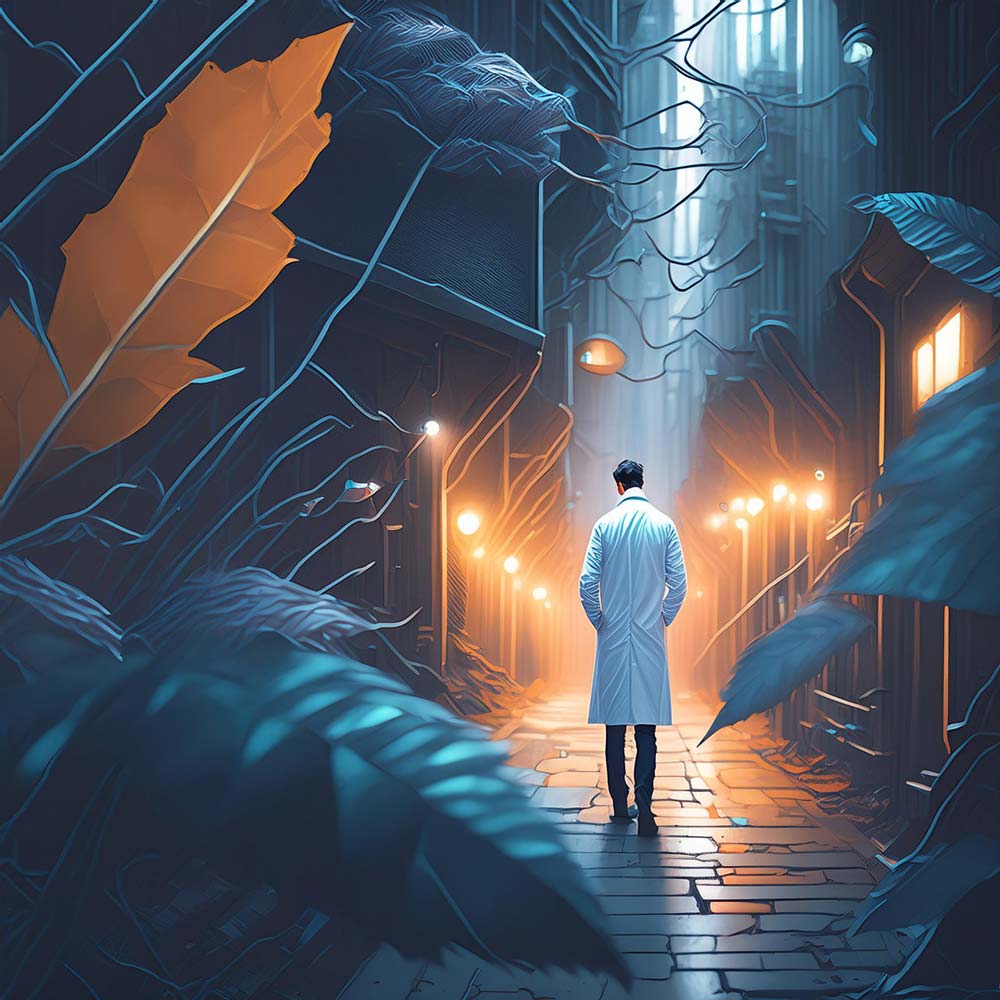In the annals of true crime, few stories resonate as profoundly as the Chowchilla kidnapping case of 1976. A chilling saga that unfolded in the heart of California, it gripped the nation with its audaciousness and ultimately showcased the power of human resilience in the face of unimaginable adversity.
It was an ordinary summer day on July 15th, 1976, when a seemingly routine school bus journey turned into a nightmare for the small town of Chowchilla. As the bus made its way back from a day at the local swimming pool, it was suddenly ambushed by three armed men. With masks obscuring their faces and guns in hand, they seized control of the bus, along with its driver and 26 innocent children.
The perpetrators, later identified as Frederick Newhall Woods, James Schoenfeld, and his brother Richard Schoenfeld, herded their captives into a buried moving van hidden in a remote quarry. They sealed the entrance with dirt and covered it with a metal sheet, leaving the children and driver trapped in a stifling, underground prison.
For 16 agonizing hours, the children and their driver endured sweltering heat and suffocating darkness, their desperate cries for help muffled by the thick walls of their makeshift tomb. Despite their fear and confusion, they refused to succumb to despair, drawing strength from each other as they awaited their uncertain fate.
Meanwhile, a frantic search ensued as law enforcement agencies and concerned citizens mobilized to locate the missing children and apprehend their captors. The nation watched with bated breath as the story unfolded, gripped by a sense of disbelief that such a brazen act could occur in their own backyard.
As the hours stretched into the night, hope flickered but never extinguished. And then, just as dawn broke on July 16th, a breakthrough occurred. One of the captives, 14-year-old Michael Marshall, managed to pry open a section of the van’s roof, allowing himself and the others to escape to freedom.
Their miraculous escape marked the end of their harrowing ordeal and the beginning of a new chapter in their lives. The children, hailed as heroes for their courage and resilience, were reunited with their families amidst tearful embraces and jubilant celebrations.
But the story did not end with their liberation. In the weeks and months that followed, the perpetrators were apprehended and brought to justice. Through a combination of meticulous police work and public cooperation, Frederick, James, and Richard Schoenfeld were convicted of their crimes and sentenced to life in prison.
The Chowchilla kidnapping case left an indelible mark on the collective consciousness, serving as a sobering reminder of the fragility of life and the depths of human depravity. Yet, it also showcased the power of community and the triumph of the human spirit over adversity.
Today, the survivors of the Chowchilla kidnapping continue to inspire others with their resilience and courage. Their story serves as a testament to the strength of the human spirit and the enduring power of hope in the face of darkness.
As we reflect on this tragic chapter in our history, let us not forget the lessons it has taught us about the importance of vigilance, compassion, and solidarity in the fight against evil. And let us draw inspiration from the bravery of those who refused to be broken, finding light in the darkest of times.



